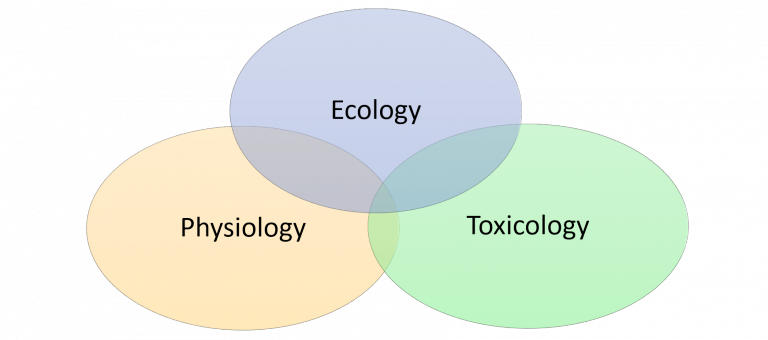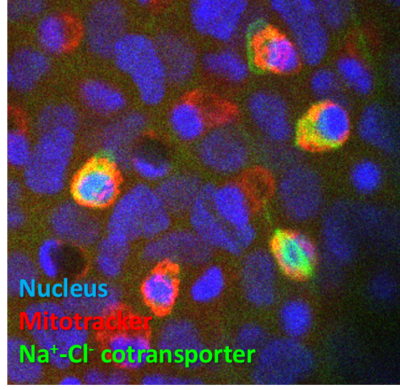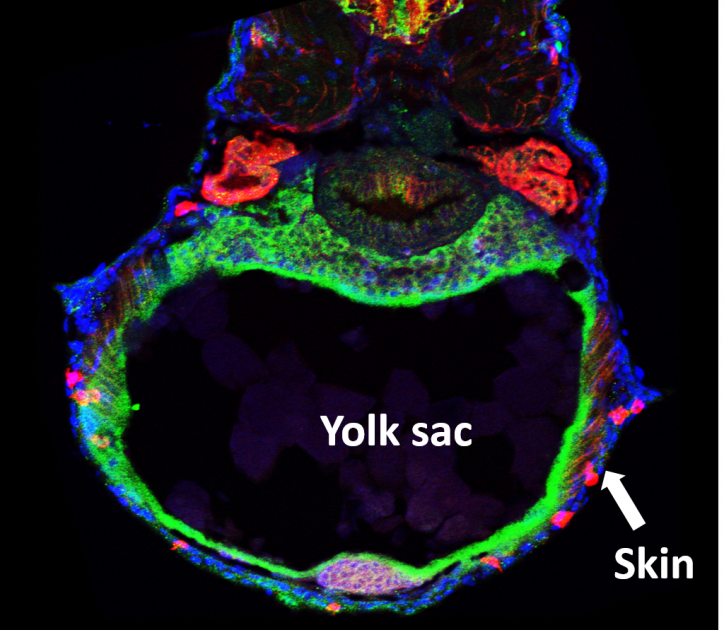The primary goals of our research are to understand: i) the processes that are involved in regulating the neurophysiological function in aquatic animals, and ii) how these processes are affected by environmental changes. Our group applies molecular genetics and neurobehavioral technologies to probe how animals respond to their environment. By integrating these state-of-the-art approaches, we hope to improve the fundamental understanding of the mechanisms that underlie the physiological responses to environmental stressors.
Environmental Toxicity
Degradation of water quality due to anthropogenic contaminants is a pressing problem worldwide. Our group incorporates functional genetics and molecular neurophysiology to characterize the mechanisms that underlie the effects of environmental contaminants in aquatic animals. Using this unique strategy will help to define more specific physiological endpoints for environmental monitoring and ecological risk assessment, and thereby facilitate the development of more relevant criteria for the protection of aquatic life and biodiversity.

Molecular Physiology
Maintaining whole body homeostasis of ions and trace metals is fundamental to the survival of all organisms. Our group aims to develop a deeper understanding of the mechanisms that are involved in regulating ionic and metal balance in aquatic animals. Specifically, we examine the involvement of neuroendocrine factors, post-translational modification of ion/metal-transporters, modulation of paracellular tight junctions, and environmental ion sensing and intracellular signalling.


